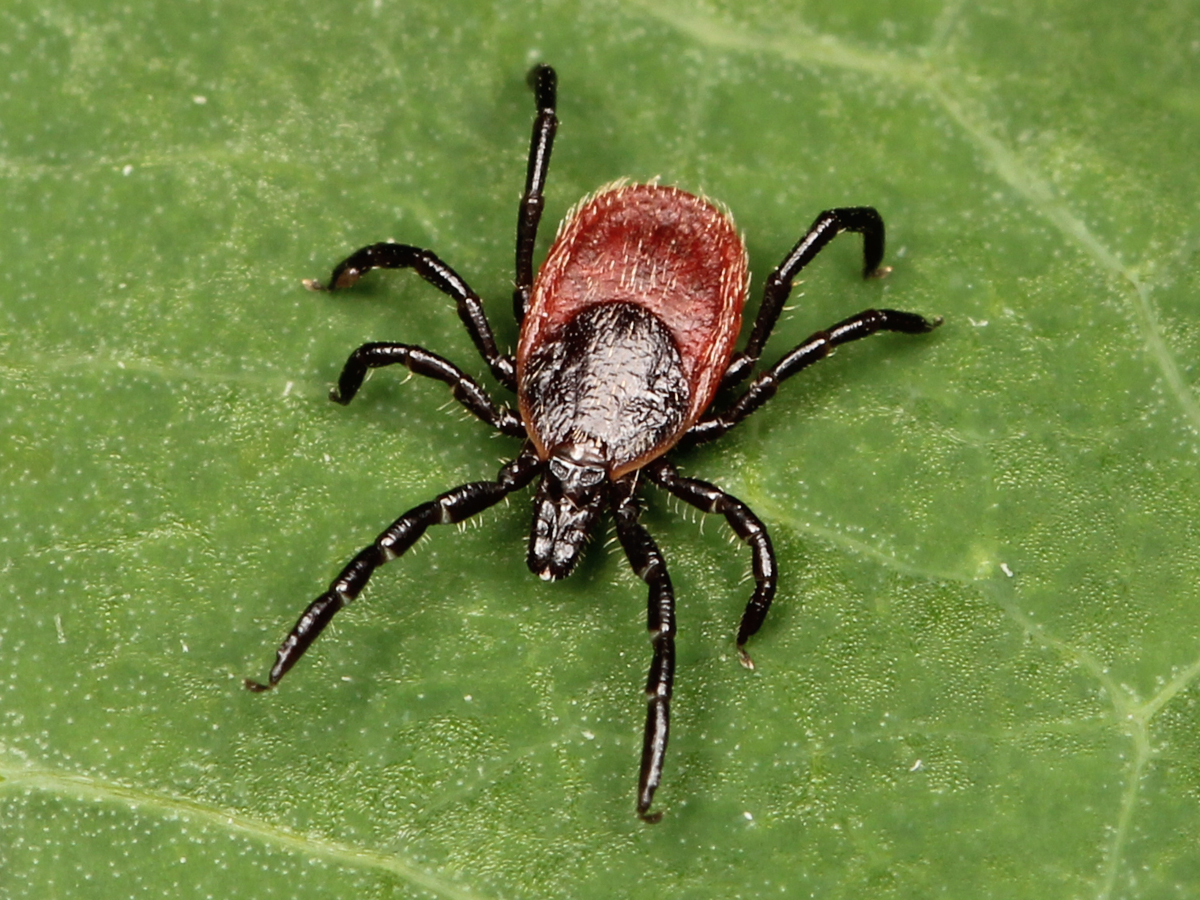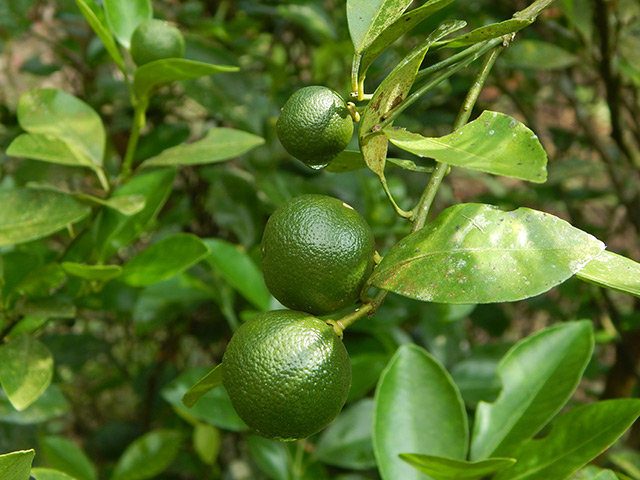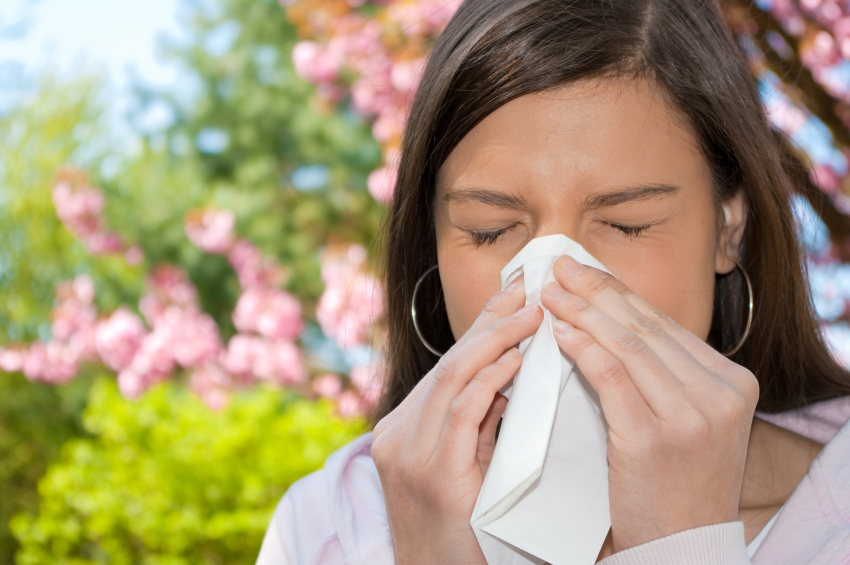Make your own all-natural, powerful bug repellents
03/24/2019 / By Robert Jonathan

Even though it’s still winter in the northern hemisphere, bugs can still find their way into your home. With Major League Baseball Spring Training just around the corner, however, warmer weather is on the way, and the pests will be back in force. What to do?
The quick fix is a counterattack with a conventional bug spray widely available at retail outlets.
As Natural News has discussed, however, DEET is the standard chemical ingredient in many bug repellents, particularly those applied directly to the skin to ward off the annoying creatures. DEET is effective against these intruders, but it also reportedly poses various health risks and side effects for the user.
Exposure could possibly cause low heart rate, low blood pressure, upset stomach, nausea, vomiting or brain damage. To add insult to injury, DEET is said to have adversely impacted wildlife and water sources.
The pyrethroid family of insecticides often found in bug sprays for home use have reportedly been linked to issues of child brain performance according to a 2015 study.
Separately, a 2010 study suggested that home pesticide use could increase the risk of women developing autoimmune disorders such as lupus or rheumatoid arthritis.
Fortunately, various natural and inexpensive alternatives to toxic bug sprays exist that are safe for both humans and pets, as outlined by Better Homes & Gardens (BHG) and Home Advisor (see clip embedded below). For the most part, use just a spray bottle as the delivery mechanism. “These at-home bug repellants [sic] … are great home hacks that will keep bugs and harmful chemicals out of your home … so start spraying away!” BHG explains.
Do-it-yourself bug repellent home remedies include the following:
- Ants: a mixture of water, white vinegar and essential oils
- Cockroaches: two cups of water plus two tablespoons of tea tree oil
- Spiders: peppermint oil (one tablespoon) and water (one cup)
- Fruit flies: water plus red wine vinegar in a cup with a funnel
- Mosquitos: lavender, catnip or basil placed at home entrances
Parenthetically, peppermint oil can also discourage mice from excursions in your kitchen or elsewhere.
A tincture made from yarrow herb is also a natural bug repellent, as is a preemptive strike in the form of a combination of essential oils known as “Mama Z’s bug repellent floor cleaner.”
There are other homemade, all-natural bug spray recipes that you may want to try. One is a combination of apple cider vinegar and two tablespoons each of rosemary, thyme, lavender, dried sage and mint. Another calls for a mix of distilled water with various garden herbs. Yet another consists of a head of garlic, a cup of vegetable oil and a drop or two of dishwashing soap.
After the ingredients are prepared and allowed to sit according to the instructions, the finalized mixtures can be transferred to a spray bottle and used as needed.
Natural bug-repellent remedies have been used for thousands of years. Finding the best one or several varieties suitable for your particular needs and applications may take a bit of experimentation, and as the saying goes, your mileage may vary.
Sources:
Tagged Under: Bug spray, essential oils, green living, home remedies, Homemade, insect repellents, natural health, natural ingredients, natural insecticides, products, self-reliance, toxic chemicals













